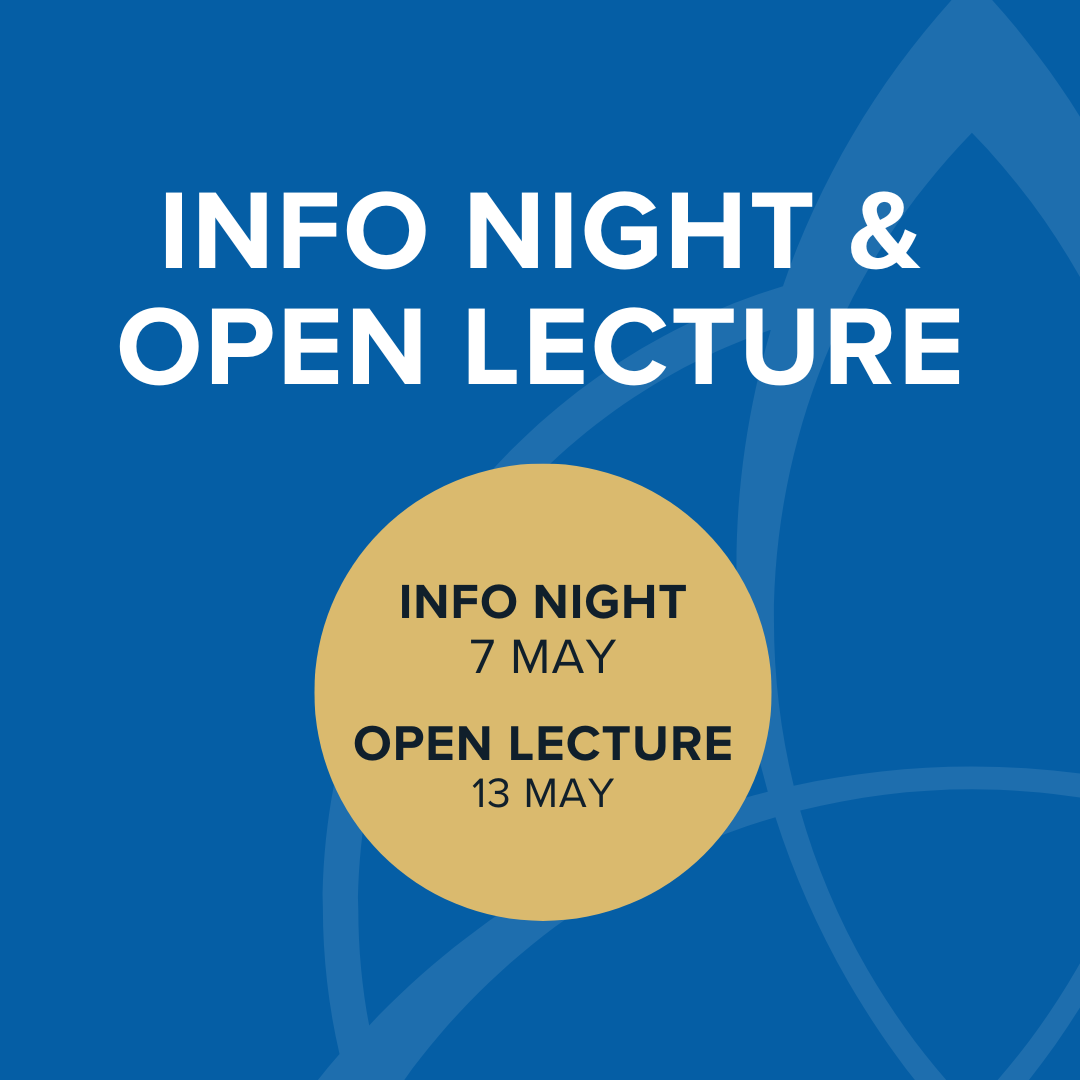with Tyler Schwartzentruber How do we live with God in a way that is right,…

Persuasive Evangelism by the Persuasive Church
In the book of Acts, Luke tells us that the small group of believers in Thessalonica were accused of ‘turning the world upside down.’ (17:6).
Here was a revolution, wrought not by Christians in positions of political power and influence, but by the spiritual power of the gospel, proclaimed by a freshly-formed and suffering local church, winning many for salvation. It’s a striking picture. But perhaps for many of us in Australia, such a thing seems unlikely in our neighbourhoods. Sure, the gospel turned the world upside down in the past, and maybe it is turning the world upside down in other parts of the world, but that stuff doesn’t happen here anymore. Our culture has moved on. My unbelieving neighbours and friends aren’t interested. The best we can do as Christians is survive.
In his 2021 Trinity Annual Lecture, “Persuasive Evangelism by the Persuasive Church,” our lecturer David Robertson challenged us to resist such thinking, and reinvigorated us in the work of reaching the lost through our local churches with cheerfulness, creativity, and gospel expectation. In an immensely practical lecture that wove together theological reflection, cultural insight, and encouragement from David’s own experience of gospel growth in rural and urban Scotland, several points stood out as
particularly vital.
First, there are endless opportunities for evangelism, if we’re willing to be imaginative and prayerful in seeking them out. Far from viewing the scope for sharing the Lord Jesus as a narrowing one in our culture, David encouraged us see a wealth of possibilities. From an outreach event in a café to posting testimonies on YouTube and TikTok, from engaging with art and music to exploring the Christian history of our cities and towns, there are countless areas of engagement available to us if
we’re prepared to broaden our horizons.
Second, evangelism is the work of the church more than it is the work of the individual, and the local church is itself the greatest apologetic for the gospel. We don’t need to feel as though we each must be bold evangelists who have all the answers; God has supplied his church with the gifts needed to undertake the mission of the gospel as a team. And indeed, it won’t simply be our
words, but the life of love that marks the Christian community which will powerfully commend the gospel to those who experience it.
Third – and most importantly – the greatest spur in persuasive evangelism is a renewal of our own love and enthusiasm for the Lord, and our confidence in his unique beauty and incomparable goodness.
The desire to share Jesus with others is not properly the product of a sense of duty or guilt; rather, as we see in the woman at the well (Jn. 4:28-30, 39), it flows from excitement and conviction about the person of Jesus and the eternal life he offers us.
Such a delight in the one who loved us and gave himself for us is what will re-energise and sustain us in evangelism, and grant us a joyful expectation for the world to be turned upside down in our time and place too, for the honour of his name.
Thom Bull
Lecturer in Theology



